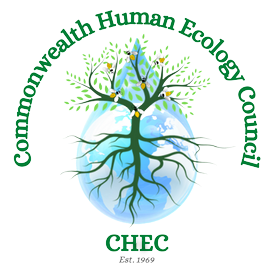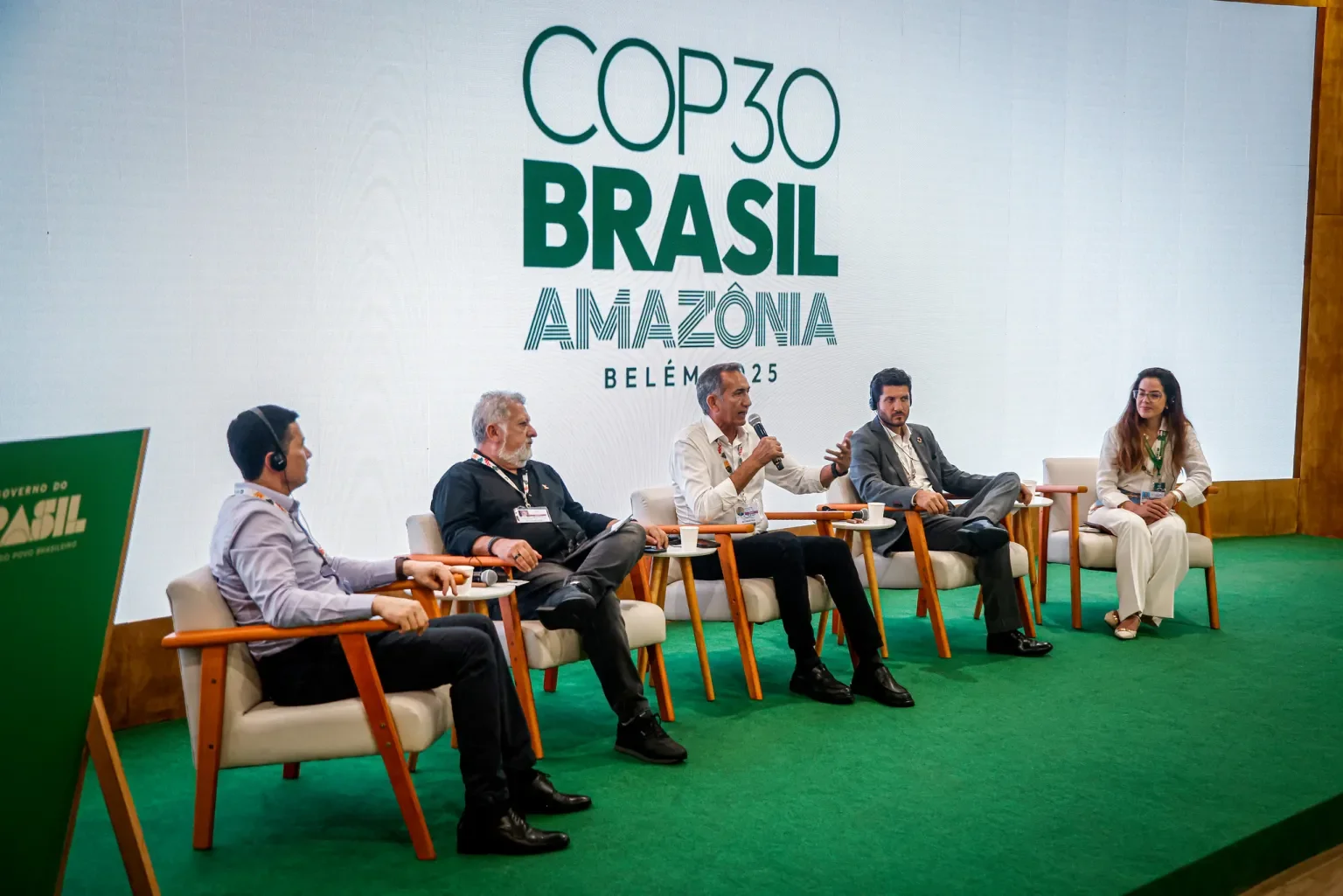COP30 Day 11
Day 11 of COP30 highlighted how pledges are evolving into concrete progress, with discussions spanning agriculture, food systems, gender equality, racial justice, and sustainable tourism. Marking Brazil’s National Day of Black Consciousness, the day honored the historic and ongoing contributions of Afro-descendant communities, grounding climate policy in social justice. Events throughout the day reinforced how the Action Agenda and the Global Mutirão are driving real-world impact through collaboration, intersectional leadership, and community-led innovation. Sessions such as Towards a People-Centered Climate Action brought forward the voices of women and girls of African descent, emphasizing both the disproportionate burdens they face and their indispensable leadership within climate solutions—especially as the UN prepares for the Second Decade for People of African Descent (2025–2034).
The momentum continued with dialogues focused on race-sensitive climate frameworks, human rights, and just transition, led by Brazil’s Special Envoys for Racial Equality and Peripheries. These workshops explored how integrating ethnic-racial equity, ancestral knowledge, and community-led models can strengthen climate responses and align with global commitments from the Durban Action Plan to the SDGs. Throughout the afternoon, the emphasis on community agency deepened: the Global Mutirão showcased how grassroots initiatives are already driving ecosystem regeneration, while the session on Indigenous Peoples and Local Communities underscored their central role in climate justice, loss and damage mechanisms, and the protection of cultural and territorial rights. Collectively, Day 11 reaffirmed that climate action must be people-centered, equity-driven, and rooted in the lived realities of those on the frontlines.

